Feb 17, 2025
It’s a shocking thought, isn’t it? The idea of eating a credit card. Yet, this is the harsh reality for many of us when it comes to the amount of plastic we unknowingly consume. On average, humans ingest approximately the equivalent of a credit card's worth of plastic every week, largely due to the contamination of our environment with microplastics.
Recent research has revealed that humans are ingesting significant amounts of plastic, primarily in the form of microplastics—tiny plastic particles less than 5 millimeters in size. Studies estimate that individuals consume between 74,000 and 121,000 microplastic particles annually, depending on factors such as age, sex, and lifestyle.
These microscopic particles are now found in the food we eat, the water we drink, and even the air we breathe.
The alarming truth is that plastic has infiltrated nearly every aspect of our lives. From plastic packaging in our groceries to the synthetic fibers in our clothing, we are in constant contact with materials that are not only harmful to the environment but are increasingly linked to various health problems. Plastics are known to leach toxic chemicals that can disrupt hormonal balance, damage organs, and even contribute to chronic conditions.
A study published in Nature Medicine in February 2025 found that human brains contain significant levels of microplastics, averaging about 7 grams per brain sample. The most common microplastic detected was polyethylene, which is used in items like plastic bags and bottles. These particles are small enough to cross the blood-brain barrier, likely entering the body through contaminated food and possibly through the nose.
So, how do we protect ourselves from this unseen, yet pervasive, problem? The answer lies in taking a holistic, mindful approach to our health and environment. Here are a few steps to help reduce plastic consumption and limit its harmful impact on your well-being:
Embrace Whole, Unprocessed FoodsProcessed foods often come packaged in plastic, and many of the chemicals found in plastic containers can leach into the food you consume. Choosing whole, organic foods not only limits your exposure to plastics but also nourishes your body with essential nutrients, boosting overall health.
Opt for Glass, Metal, or Paper PackagingWhenever possible, choose food and drink items that come in glass, metal, or paper packaging. These materials are more sustainable and less likely to introduce harmful chemicals into your body. Additionally, avoid bottled water and opt for reusable water bottles made of stainless steel or glass.
Support Plastic-Free AlternativesMany companies are now offering alternatives to plastic packaging, from shampoo bars to bamboo toothbrushes and refillable cleaning products. By supporting these eco-conscious brands, you not only reduce your own plastic footprint but also contribute to a growing movement to replace plastic with natural, biodegradable materials.
Reduce Single-Use PlasticsSingle-use plastics such as straws, plastic bags, and cutlery are some of the worst offenders. Invest in reusable versions of these items, such as metal straws, cloth bags, and stainless steel utensils. This small shift can make a big difference in your plastic consumption.
Filter Your WaterMicroplastics are often found in tap water, so investing in a high-quality water filter is essential for protecting your health. A good filter will help remove harmful contaminants, including plastic particles, and improve the overall quality of the water you drink.
Detox Your HomePlastics are not just present in food and drinks—they also lurk in your household items. From non-stick cookware to synthetic carpets and furniture, plastics are everywhere. Opt for natural materials like cast iron, ceramic, wool, and wood to create a plastic-free living space.
Mindful ConsumptionIt’s easy to overlook the plastics that surround us daily, but mindfulness can help you make more informed choices. By being aware of what you buy, how it’s packaged, and where it comes from, you can gradually eliminate plastic from your life and protect your health in the process.
The world is becoming more plasticized by the day, but with conscious decisions, we can take steps toward a healthier and more sustainable life. The question is no longer if you want to consume plastic, but how much of it you’re willing to accept in your body and your environment. The time has come for all of us to reduce our plastic footprint and protect our health from this invisible threat.
Would you eat a credit card? I hope your answer is no. Let’s work together to make sure we never have to.
Love you guys,
Dr. Matt Horn

